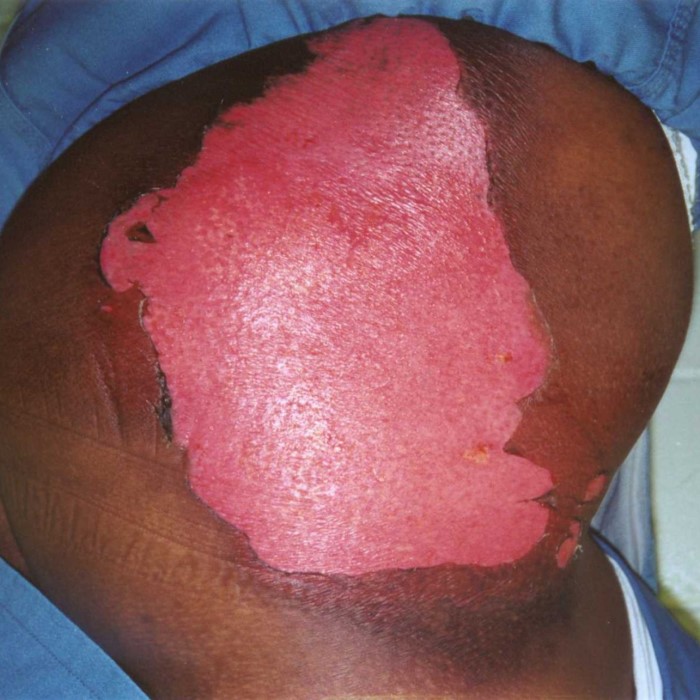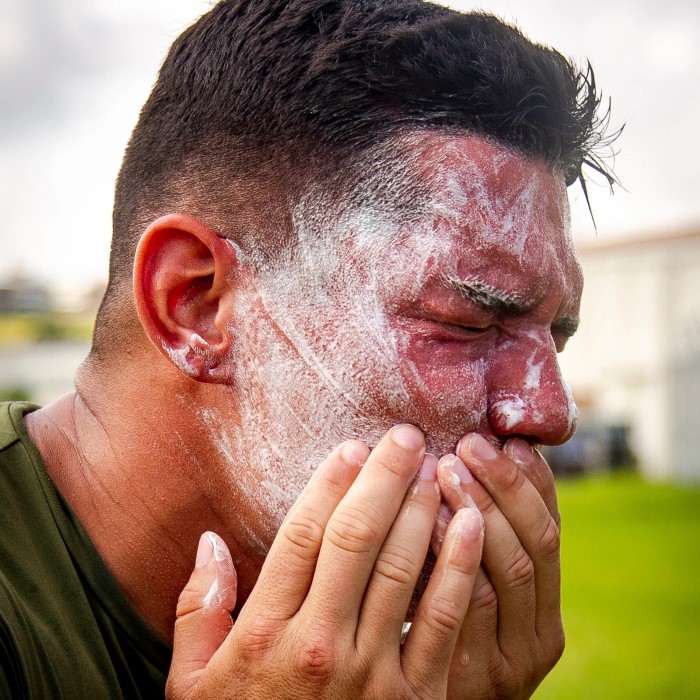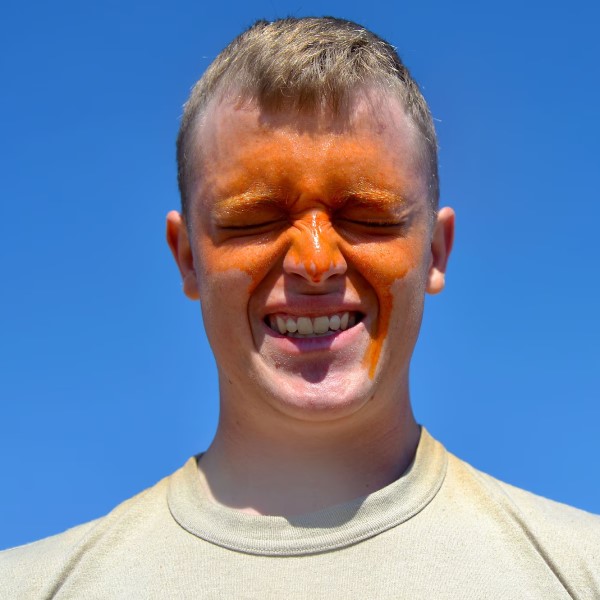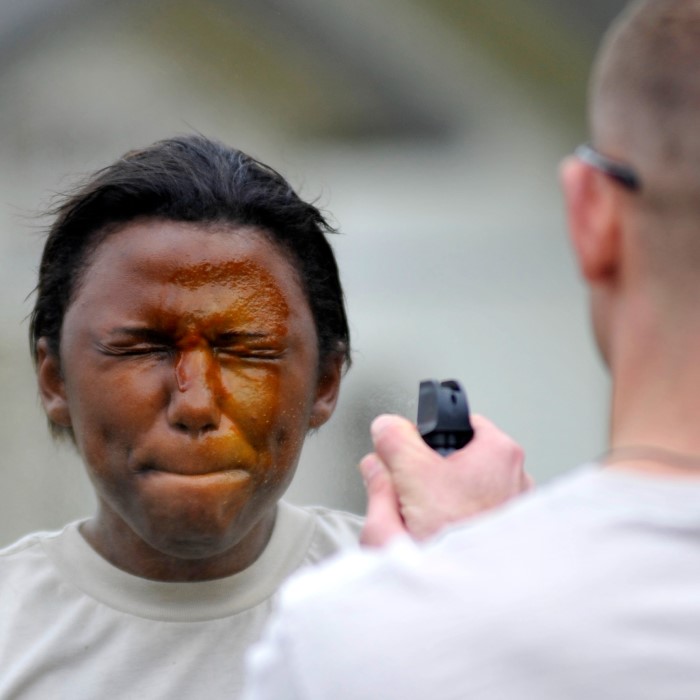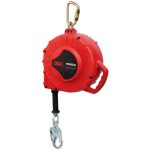Introduction: Does Pepper Spray Burn Skin?
As self-defense tools, pepper spray serves as a popular choice for many individuals seeking to protect themselves. However, an essential question arises among users: “Does pepper spray burn skin?” Understanding the effects of pepper spray on the skin is crucial for ensuring safety and minimizing potential risks. This article aims to provide comprehensive information about pepper spray, including its components, effects on skin, and what precautions to take when using it.
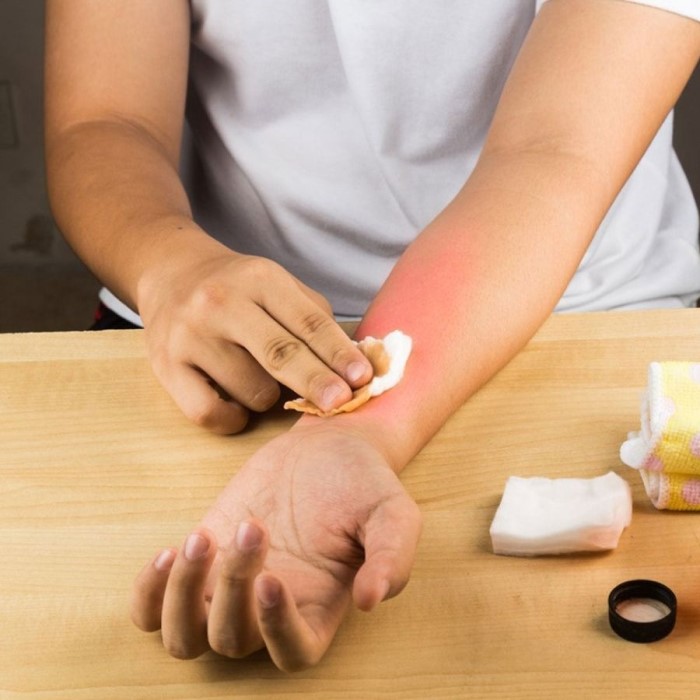
Through thorough exploration, we will clarify how pepper spray interacts with skin and what users should know when considering its use for self-defense. By being informed, you can make responsible choices and handle this powerful tool safely.
Understanding Pepper Spray and Its Components
- What is Pepper Spray?
Pepper spray is a defensive spray weapon that contains capsaicin, an active component derived from hot peppers. It is designed to deter attackers by causing intense irritation, pain, and temporary incapacitation upon contact with the face and eyes. - Common Ingredients:
In addition to capsaicin, many pepper sprays include solvents and propellants. Solutions typically consist of oil, water, and alcohol. Some brands add dyes and ultraviolet (UV) markers to identify assailants. - Concentration Levels:
The heat of pepper spray is measured in Scoville Heat Units (SHU), which indicates the concentration of capsaicin. Most legal self-defense pepper sprays range from 1 to 2 million SHU, with some highly potent options exceeding this range. - Delivery Mechanisms:
Pepper spray comes in various delivery systems, such as streams, sprays, and foam. Each method has advantages, depending on the intended use and situations. - Legal Regulations:
It is crucial to understand the legalities surrounding the possession and use of pepper spray in your area. Different jurisdictions have specific restrictions on its potency, size, and permissible uses.
Does pepper spray burn skin? Understanding the key components of pepper spray is vital to grasp how it functions and affects the skin when sprayed.
Effects of Pepper Spray on Skin
- How Does It Affect Skin?
When pepper spray comes into contact with the skin, users may experience a variety of effects. Symptoms can include redness, stinging, burning sensations, and swelling. The severity of the reaction depends on the individual’s skin sensitivity and the concentration of the spray. - Does It Cause Burns?
While pepper spray may not cause traditional burns like heat or fire would, it can create a burning sensation and irritate the skin. In highly sensitive individuals or situations where the spray is applied directly and in high concentrations, it may contribute to skin conditions such as chemical irritations. - Duration and Severity of Symptoms:
The severity and duration of the symptoms can vary. Typically, the effects of pepper spray may linger from 30 minutes to several hours, but this range depends on the concentration used, duration of exposure, and individual sensitivity. - Sensitive Areas Increase Severity:
Areas where the skin is thinner or more sensitive may react more severely. For example, the face, particularly around the eyes and mouth, may experience intensified burning and irritation. - Post-Exposure Care:
After being exposed to pepper spray, it’s essential to wash the affected skin with soap and water. Do not use alcohol or oil-based products, as these can worsen the irritation.
Being knowledgeable about the effects of pepper spray on skin can help users take necessary precautions and respond appropriately in case of unintentional exposure.
Safety Precautions When Using Pepper Spray
- Read Instructions Carefully:
Before using any pepper spray, always read the manufacturer’s instructions. Familiarize yourself with the product’s features, specifications, and the best practices for handling it. - Wind Direction Awareness:
When deploying pepper spray for self-defense, be aware of the wind direction. Using it against the wind can accidentally blow the mist back towards you, causing unintended irritation. - Practice Using the Spray:
If possible, practice using the canister in a safe, controlled environment. Familiarization can help you develop confidence in deploying the spray effectively in emergencies. - Store Properly:
Store your pepper spray in a cool, dry place, away from extreme temperatures. Ensure that it is out of reach of children and unauthorized individuals. - Responding to Exposure:
If accidentally exposed, seek fresh air immediately. Rinse the affected area with soap and cool water. If symptoms persist for more than a couple of hours or worsen, consult a medical professional.
Taking these safety precautions can mitigate risks and ensure responsible use of pepper spray.
What Happens After Exposure? Recovery and Risks
Immediate Aftermath
- Initial Reaction: When individuals are exposed to pepper spray, they often experience immediate effects. The most common sensations include a burning feeling on the skin and irritation in the eyes and face.
- Symptoms Impact Vision: The burning sensation may cause individuals to squint or tear up, making it difficult to see clearly. This impairment can heighten feelings of distress during the moment of exposure.
- Breathing Discomfort: Exposure can also lead to discomfort while breathing. Many people find that the spray irritates their airways, leading to coughing or a tight sensation in their chest.
- Psychological Distress: The combination of physical discomfort and impaired vision can create panic or anxiety. Individuals may feel overwhelmed, which exacerbates the distress of the situation.
- Immediate Steps for Relief: If someone experiences these effects, they should try to leave the area where the spray was deployed. Getting fresh air can help alleviate some of the immediate symptoms.
Recovery Time
- Individual Sensitivity: The recovery time from the effects of pepper spray varies significantly among individuals. Factors such as skin sensitivity and the concentration of the spray play a significant role.
- Most People Recover Quickly: For the majority of individuals, the immediate effects of pepper spray diminish significantly within 30 minutes. During this period, symptoms may decrease in intensity.
- Full Recovery Duration: While most symptoms fade quickly, total recovery can take a few hours. Some people may still notice lingering irritation, particularly in sensitive areas.
- Varied Experiences: It can be helpful for people to understand that reactions may differ. Some individuals might recover faster, while others may take longer to feel completely normal.
- Monitor Symptoms: It’s essential for individuals to monitor their symptoms during recovery. Knowing what to expect can help ease anxiety during the recovery process.
Chemical Burns
- Understanding Chemical Burns: It’s important to recognize that while chemical burns from pepper spray are not common, they can occur. These burns may happen if the spray is used excessively or inappropriately.
- Sensitive Skin Areas: Individuals with sensitive skin may be more at risk for burns. Areas such as the face, neck, and any open wounds are particularly vulnerable to irritation.
- Identifying Burns: The signs of chemical burns include redness, blistering, or intense pain in the affected areas. Affected individuals should take these symptoms seriously.
- Precautionary Measures: To minimize the risk of chemical burns, users should apply pepper spray judiciously and avoid direct contact with the skin whenever possible.
- Seek Help for Burns: If someone suspects they have sustained a chemical burn, they should seek medical attention. Proper evaluation and treatment are essential for recovery.
Seek Medical Attention
- Recognizing Severe Symptoms: In some cases, individuals may experience persistent symptoms or severe reactions to pepper spray. Signs such as extreme difficulty breathing or swelling could indicate a serious situation.
- Importance of Immediate Action: If severe symptoms occur, seeking medical attention is crucial. Rapid intervention can help manage and alleviate distressing symptoms.
- Treatment Options Available: Medical professionals can provide various treatment options tailored to individual symptoms. These may include medications to reduce inflammation, eye washes, or breathing treatments.
- Follow-Up Care: Following initial treatment, individuals may need follow-up care to monitor recovery. Regular check-ins with a healthcare provider can ensure healing proceeds without complications.
- Be Proactive: Individuals should not hesitate to seek help. Prompt medical attention can often lead to more effective management of symptoms and faster recovery.
Watch for Allergic Reactions
- Understanding Allergic Reactions: Some individuals might experience allergic reactions to specific components in pepper spray. This reaction could occur even if they have used pepper spray previously without any issues.
- Symptoms of Allergic Reactions: Watch for unusual symptoms after exposure, including hives, rash, swelling, or difficulty breathing. These can indicate an allergic response and should be taken seriously.
- Monitoring Individual Responses: Individuals who are aware of their sensitivities should monitor their symptoms closely after exposure. This vigilance can help in identifying allergic reactions early.
- Consulting Health Professionals: If signs of an allergic reaction appear, individuals should consult a healthcare professional immediately. Timely intervention can be crucial for effective treatment.
- Long-Term Considerations: It’s beneficial to keep a record of any reactions experienced. This information can assist medical professionals in providing optimal care if future exposure occurs.
Understanding what happens post-exposure equips users with the knowledge needed to handle potential adverse effects effectively.
Frequently Asked Questions (FAQs)
- How long does pepper spray last on skin?
The effects of pepper spray can last from 30 minutes to several hours, depending on the concentration used and the individual’s skin sensitivity to capsaicin. - How long does pepper burn on skin last?
The burning sensation from pepper spray typically lasts anywhere from 15 minutes to 1 hour. However, irritation may linger longer in sensitive areas. - What stops pepper spray from burning?
To alleviate the burning sensation, rinse the affected area with soap and cool water. Applying a mild lotion or aloe vera may also help soothe irritated skin. - Can I use other products for relief?
Some people find relief using specific over-the-counter creams following exposure, but it’s crucial to avoid alcohol or oil-based products as they can aggravate the condition.
Conclusion: Responsible Use of Pepper Spray
In conclusion, understanding “does pepper spray burn skin?” is vital for anyone considering using pepper spray for self-defense or other purposes. While it can cause irritation and discomfort on contact, knowledge about alternatives, safety precautions, and proper handling can significantly reduce risks associated with its use.
The ability to respond effectively to accidental exposure is equally important. By arming yourself with appropriate information and being aware of your surroundings, you can use pepper spray confidently and responsibly. Awareness and education are key to staying safe, ensuring that this self-defense tool remains a useful asset without compromising your health or safety.
